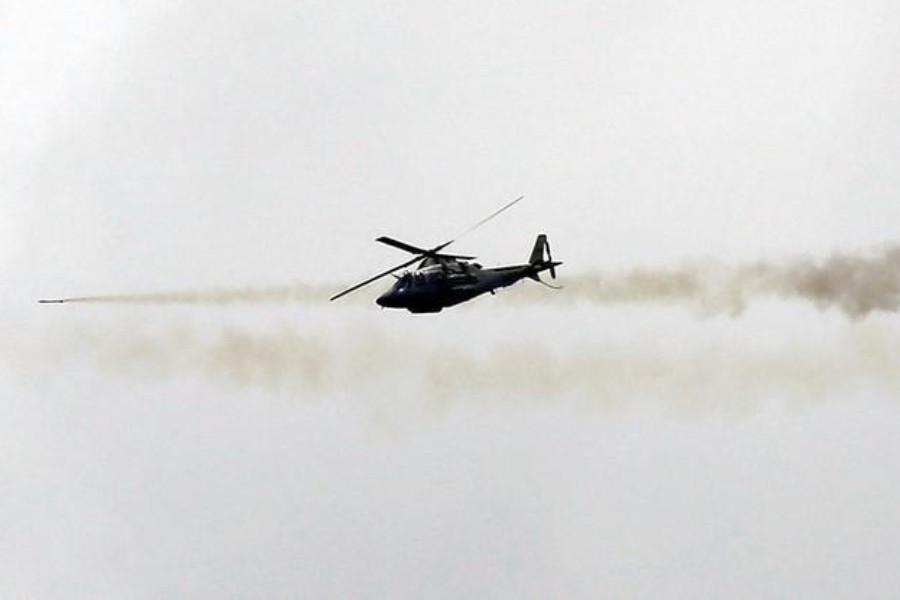The United States military said Monday that its latest airstrike in Somalia killed 35 fighters with the al Shabaab extremist group not far from the Ethiopian border.
The US military command for the African continent said Sunday's airstrike targeted the al-Qaida-linked fighters as they were traveling in a rural area about 23 miles (37 kilometers) east of Beledweyne in central Hiran region.
The US has dramatically increased airstrikes against al Shabaab since President Donald Trump took office. Its military has carried out 22 such strikes this year, including four on Saturday that eliminated checkpoints used by al Shabaab to collect taxes to fund its violent campaign to establish an Islamic state in the long-chaotic Horn of Africa nation.
The US carried out nearly 50 strikes in Somalia in 2018. A small number of strikes have also targeted fighters pledging allegiance to the Islamic State group, who have been warring with al Shabaab in recent months.
Authorities and experts acknowledge it will take more than airstrikes to defeat al Shabaab , which continues to hold large parts of rural central and southern Somalia and to carry out deadly attacks in the capital, Mogadishu.
The group, which claimed the deadly attack on a luxury hotel complex in the capital of neighboring Kenya last month, was also behind the deadliest attack in Somalia's history, a massive truck bombing that killed well over 500 people in Mogadishu in October 2017.
The US military is one of several security actors in Somalia, along with a multinational African Union mission and troops from Kenya and Ethiopia, reports the Associated Press.
The United States says it acts in coordination with Somalia's government, whose military is expected to take over primary responsibility for the country's security over the next few years.
The African Union mission has begun a step-by-step withdrawal of forces, but some in the US military and elsewhere warned that Somali forces were not yet prepared.
A United Nations panel of experts monitoring sanctions on Somalia has described the country's troops as largely poorly equipped and underpaid, conditions that cause some personnel to sell their weapons or uniforms for a little cash.


